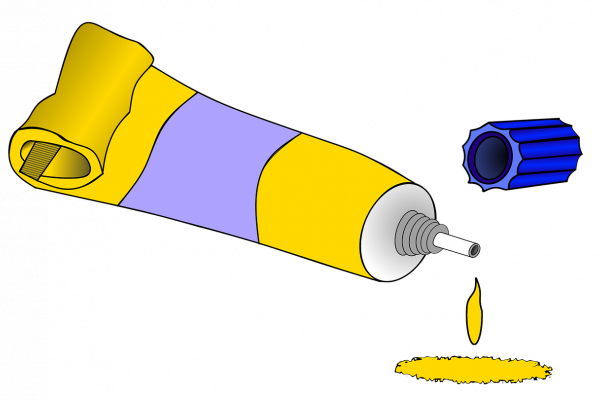Superglue could be used to recycle plastic into more useful products
Interviews with Scientists
Interviews about medicine, science, technology and engineering with scientists and researchers internationally...
Where does the carbon volcanoes expel into the atmosphere come from?
Many people survive traumatic injuries, only to die from multiple organ failure in hospital, and we still don't...
Imagine a tiny, thimble-shaped creature, invisible in water - and deadly. Step up, the Irukandji jellyfish!
The ocean is a noisy place! Underwater acoustics explores what the watery world sounds like and what impact humans are...
Scientists in Perth, Western Australia are using drones to collect samples from whales to study their health.
The greatest migration on the planet occurs every day, in the ocean, and vertically.
Our lives ultimately depend upon some of the smallest life forms on Earth - the constituents of the ocean microbiome.
Two institutes on opposite sides of the Atlantic developed a joint course to encourage networking between early-career...
How accurate is the primate science in War of the Planet of the Apes?
The sea urchin may be a good model for understanding how immune responses work in humans and other vertebrates.
Scientists in the US have come up with a set of steps which store the energy you expend when you descend, and then give...
A region of the brain called the intraparietal sulcus becomes more active when volunteers expect to receive a shock.
Mutations in a single gene can affect whether some bio-luminescent bacteria will make good partners for squid.
The technology to help astronauts dig holes in the moon makes its way down to earth in the form of the cordless drill.
A team of real life spidermen at Cambridge University have invented a new, greener, cleaner form of artificial spider...
US scientists have discovered that a drug that's already licensed for use in pregnancy can block the spread of...
There's a huge release of new genetic data from the UK Biobank
Finding associations between proteins provides new clues for dementia
Marine month's special guest feature continues...
Looking at corals in the dark at the Royal Society Summer Exhibition.
Could corals migrate to deeper water to survive climate change?
Using satellites to track whale shark migration around the world.
